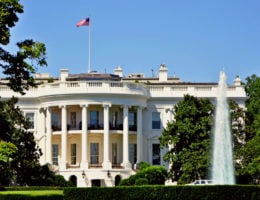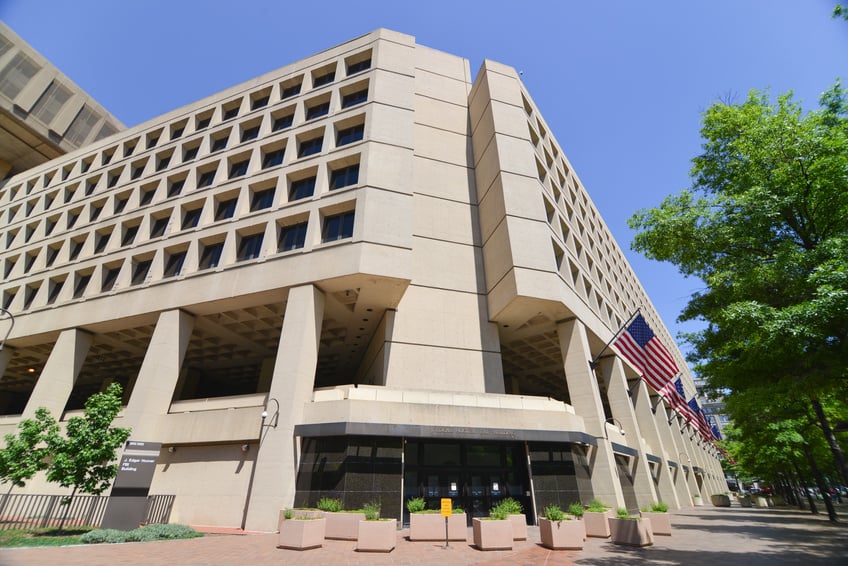On 10 November 2022, following a 3-1 vote, the Federal Trade Commission issued a policy statement expanding its interpretation of the scope of unfair methods of competition under section 5 of the Federal Trade Commission Act. Section 5 of the FTC Act prohibits “unfair methods of competition,” which covers conduct that violates antitrust laws or section 5 itself.
On 19 October 2022, the US Department of Justice’s Antitrust Division announced that seven directors had resigned from their respective corporate board positions in response to concerns of interlocking directorates. This announcement followed reports that DOJ had issued letters to numerous public companies, investors, and individuals last month. The letters reportedly indicated that DOJ was examining potential interlocks and advised the targets of the risk of potential enforcement actions. DOJ’s muscular posture toward enforcement under Section 8 of the Clayton Act is only the “first in a broader review of potentially unlawful interlocking directorates.”
Baker McKenzie’s Government Procurement Update resource center gives you the latest guidance, trends and enforcement actions related to government procurement (both US government contracting and international financing institutions), including suspension and debarment, bid protests, and False Claims Act defense. Calling upon our deep bench of more than 4,000 lawyers and legal professionals worldwide, we will occasionally feature guest practitioners to write about related topics in the criminal, civil, and administrative context. Readers can expect to find practical guidance and tips for compliance with public procurement policies as well as best practices for managing government inquiries and litigation.
On 18 January 2022, the Department of Justice and Federal Trade Commission announced a joint public inquiry seeking comments on ways to “modernize” the federal merger guidelines and “strengthen merger enforcement.” The press release calls for public comments on a range of topics and highlights the agencies’ joint view that many industries across the economy are becoming more concentrated and “less competitive.” In their statements, both DOJ Assistant Attorney General for the Antitrust Division, Jonathan Kanter, and FTC Chair, Lina M. Khan, announced an intention to “overhaul” the 2010 Horizontal Merger Guidelines and conduct a broad-based review of the 2020 Vertical Merger Guidelines.
In recent months, following the Biden Executive Order that set antitrust law enforcement priorities for the Federal Trade Commission (FTC) and the Department of Justice (DOJ) (among other federal agencies), the FTC has made a number of changes to its long-standing merger review policies and processes. In announcing those changes, the FTC has cited the “surge in merger filings” and the need to ensure that merger reviews are more “comprehensive and analytically rigorous.” We highlight below the most significant of these recent changes announced by the FTC and expect the DOJ’s Antitrust Division to adopt similar (if not identical) stances on these and related enforcement issues.
On 9 July 2021, President Joe Biden issued an Executive Order (“Order”) and a supporting Fact Sheet announcing 72 initiatives to increase vigorous antitrust enforcement. The Order sets competition-law priorities for the Federal Trade Commission (FTC), the US Department of Justice (DOJ), and more than a dozen other federal agencies coordinated through a new White House Competition Council.
On 9 July 2021, President Joe Biden issued an Executive Order and a supporting Fact Sheet announcing 72 initiatives to increase vigorous antitrust enforcement. The Order sets competition-law priorities for the Federal Trade Commission (FTC), the US Department of Justice (DOJ), and more than a dozen other federal agencies coordinated through a new White House Competition Council.
In Baker McKenzie’s Government Procurement Update, you will find the latest guidance, trends and enforcement actions related to government procurement (both U.S. government contracting and International Financing Institutions), including suspension and debarment, bid protests, and False Claims Act defense. Calling upon our deep bench of 4000+ lawyers and legal professionals worldwide, we will occasionally invite guest practitioners to write about related topics in the criminal, civil, and administrative context. Readers can expect to find practical guidance and tips for compliance with public procurement policies as well as best practices for managing government inquiries and litigation.
Competition authorities around the world continue to sharpen their focus on markets for employee talent. The current push to scrutinize competition issues in labor markets can be traced to guidance issued in October 2016 by federal antitrust enforcers in the United States.









